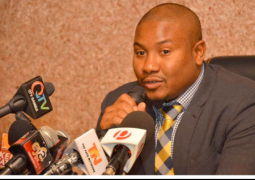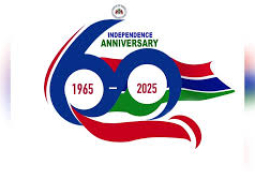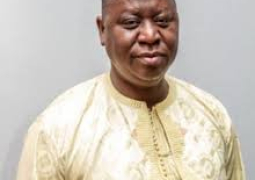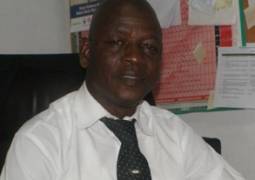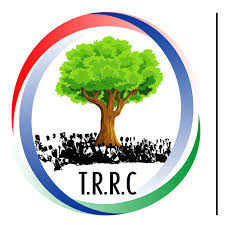
The Washington DC based witness, explaining his time as a travelling magistrate at Janjanburreh, said he had some accommodation issues with Governor Ganyi Touray and he was later transferred to Essau and Farafenni as travelling magistrate.
He added that in a particular case while at Janjanburreh, there was a person who wrote a letter to the president with regard to the governor.
“I found the case there and after going through the file, I decided that the proper jurisdiction is Banjul because the president’s office is situated in Banjul. My decision doesn’t go well with the governor and that was the time he called for me. I think the governor was using his power to intimidate the accused person and interestingly, I learned that he used to interfere in court cases handled by previous magistrates.”
The lawyer testified that Ganyi used to tell magistrates to do as he said or would face the consequences. He added that Ganyi did the same thing by trying to interfere with his work and even went far to the office of the Chief Justice (CJ) to report him.
“The CJ called and decided to move me to Farafenni. At some point I was very angry and wrote a letter to him that if he continued to interfere in my work, I would arrest him. But my clerk Abdoulie told me that was enough for him which I did. During my time in CRR, we used to conduct our hearings in a police station but I never let any police officer interfere in my work.”
Narrating his first encounter with Justice Ali Chogan, the witness stated that Chogan received a message that he was not going for work, saying he was summoned to the office of the CJ for explanation despite all his efforts.
“The CJ assigned the master and the registrar of the High Court late Buba Jawo to investigate the matter. The master later confirmed that I was hearing cases in Essau. The CJ later appointed me in his office to do research work on customary laws for about four months before I was posted in Kanifing.”
Dwelling on the case of Sait Matty Jaw and the state, he said Sait Matty trained some individuals and prepared questions to ask the public whether Jammeh was a dictator. The witnesses told the commission that the government was very concerned about information on human rights because it would expose the violations and they didn’t want that.
“They were arrested and charged with four counts and arraigned before my court. They didn’t have lawyers and I stood down the case for them to find lawyers but at one time, the master of the High Court called me about the bail. I didn’t understand because I don’t know why the master called to talk about bail because it doesn’t usually happen. That was the time I suspected that the president had interest in the case. Sait was found not guilty and I acquitted and discharged them.”
Lawyer Conteh narrated his dismissal, saying he heard information that the CJ received information from Jammeh that he was dismissed. He added that he felt threatened and left for home and then changed his location.


